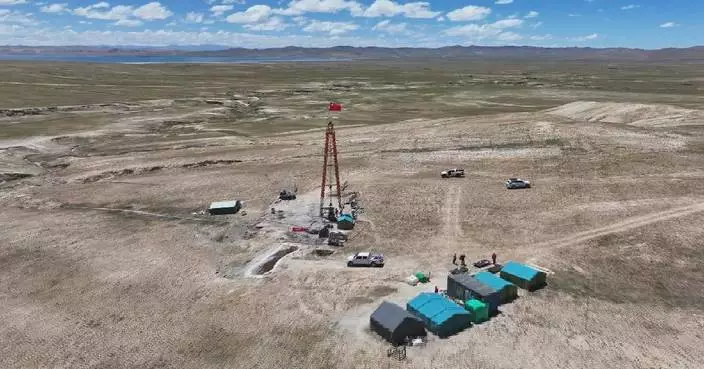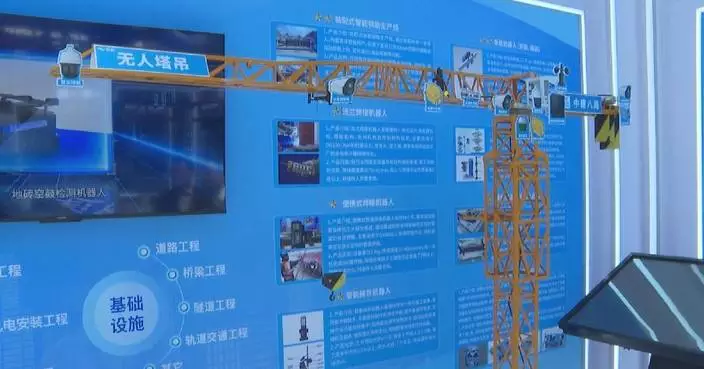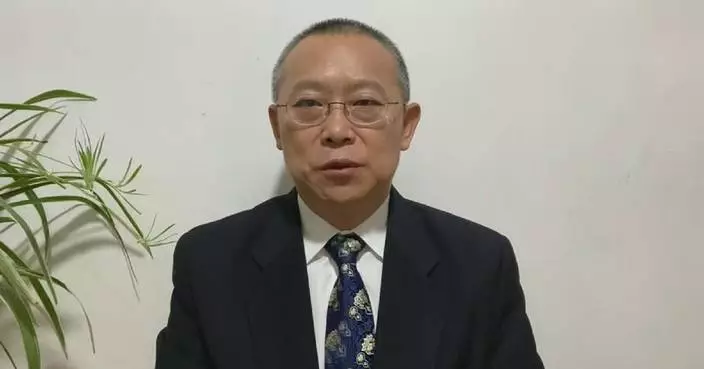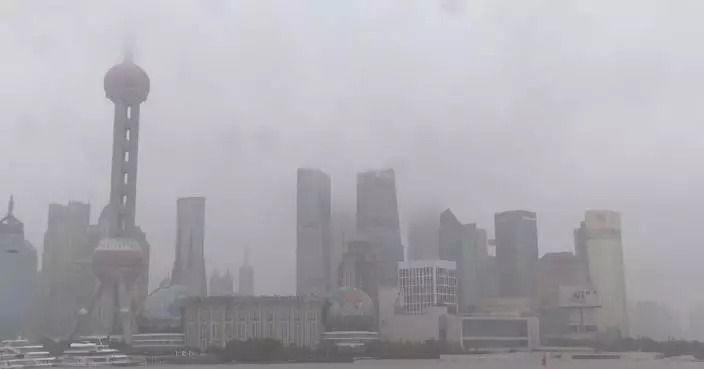The Chinese central bank announced on Thursday that its inclusive loans to micro and small enterprises (MSEs) now cover over a third of the market entities operating in the country, with the balance of inclusive loans to MSEs in the first seven months of this year going up a whopping 17 percent year on year.
Speaking at a press conference in Beijing, senior officials with the People's Bank of China (PBOC) said the central bank has utilized various instruments including the inclusive loans to MSEs and encouraged financial institutions to increase credit issuance, effectively meeting the needs of private and small and medium-sized enterprises.
"As of the end of July this year, the balance of inclusive loans to MSEs reached 32.1 trillion yuan (about 4.53 trillion U.S. dollars), a 17 percent year-on-year increase. The number of credit accounts reached 62.39 million, covering more than a third of business entities," said Lu Lei, deputy governor of the PBOC at the press conference.
The PBOC is also ramping up its financial support to aid rural revitalization and guide financial capital to invest in early, small, long-term, and high-tech projects.
"In a next step, with the aim of building China into a country powerful in science and technology, we will work to establish a mechanism for coordination between financial policies and the ones for sci-tech industries, make complete the mechanism for decentralizing risks arising from major projects intended to tackle technological challenges, establish an assessment mechanism for sci-tech financing services and encourage financial institutions to provide long-term and low-cost financing support," said Peng Lifeng, head of the Credit Market Department newly established by the People's Bank of China.
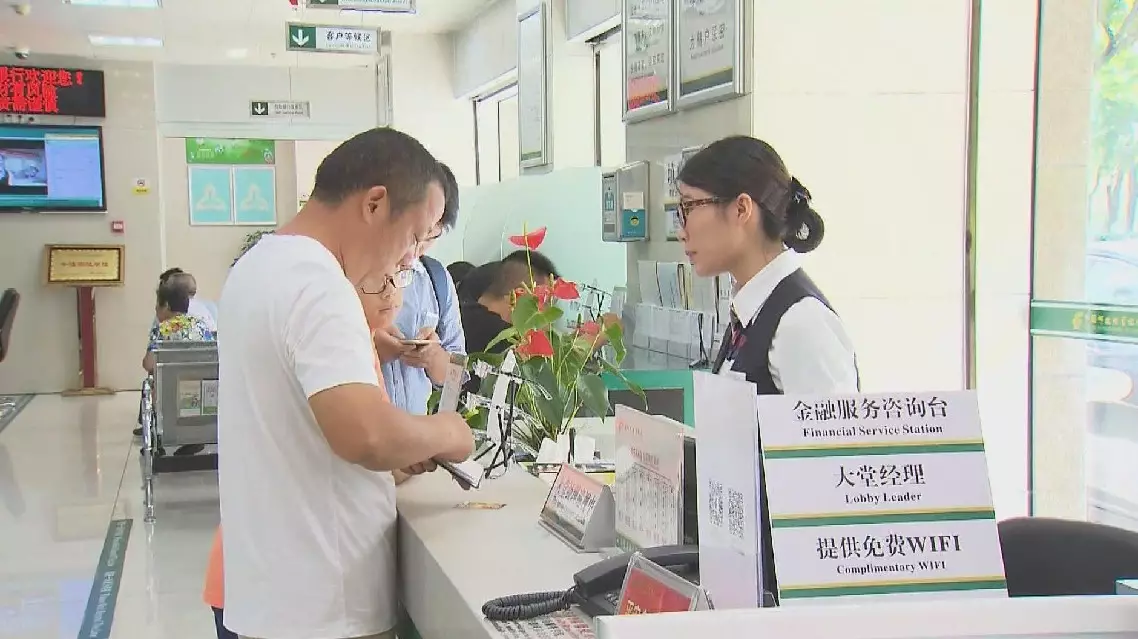
China's inclusive loans to MSEs cover over a third market entities: central bank
The U.S. government's decision to hike tariffs on Chinese-made products, including electric vehicle batteries, critical minerals, steel and aluminum, will not only harm its economy but also tarnish its global reputation, said a China Media Group (CMG) commentary published on Sunday.
An edited English-language version of the commentary is as follows:
In May, the U.S. government announced plans to further increase tariffs on Chinese electric vehicles and other products while maintaining the existing Section 301 tariffs on China. The measures were initially scheduled to take effect on Aug 1 but were postponed twice, first on July 30 and then on August 30, as the U.S. officials claimed that they needed more time to review over one thousand public opinions.
Despite a large number of public opinions opposing the imposition of additional tariffs or requesting broader tariff exemptions, the U.S. government ultimately refused to listen and went its own way. This unilateral and protectionist approach not only violates the U.S. commitment to "not seeking to suppress or contain China's development" and "not seeking to decouple from China", but also goes against the consensus reached by the two heads of state, showing that the United States is going back on its own words and breaking its own commitments made to China.
In the finalized decision released by the U.S. government, most of the items announced in May have been adopted, including a 100 percent additional tariff on electric vehicles, a 50 percent additional tariffs on semiconductors and solar cells, and a 25 percent additional tariffs on steel, aluminum, lithium-ion batteries and critical minerals.
The decision also proposed to include tungsten, wafers, and polysilicon products into the list of products subject to additional tariffs.
Analysts believe that the political implications behind the U.S. tariff hike are quite evident. With the election season approaching, both parties are intensifying their campaigns, and adopting a tough stance on China has become a form of political correctness.
During a recent TV debate, the Democratic presidential candidate criticized the Republican candidate's tariff strategy, while the current Democratic administration has ratcheted up tariffs on China just months before the end of this term.
Engaging in a tariff war will not resolve the issues, but may instead backfire on the United States. The Information Technology Industry Council, a Washington-based global tech trade association, on Friday released a statement from its President and CEO Jason Oxman, saying that the additional tariffs on China have resulted in a cumulative loss of 221 billion U.S. dollars for American companies and consumers since they were implemented.
The U.S. government has been claiming to protect domestic industries by imposing additional tariffs and even pushing for the relocation of supply chains. However, the outcomes have fallen short of expectations. The U.S. companies could hardly agree with these measures.
The U.S. tariff hike this time is primarily targeting China's new energy sector. Research indicates that the trade transfer effects of U.S. tariff measures are limited. Raising tariffs have increased import costs for the United States instead of achieving the purpose of reducing dependence on China.
The American people have also suffered a lot as a result. As the Biden administration maintained tariff hikes on certain Chinese-made products first announced during the Trump era, Americans are still paying more for shoes, suitcases and hats, according to a recent Cable News Network (CNN) report.
Estimates from Moody's, a leading rating agency, suggest that 92 percent of the costs from the raised tariffs will be borne by U.S. consumers, increasing the average American household's expenses by 1,300 U.S. dollars annually. Many economists caution that these higher tariffs will merely lead to increased costs for American consumers.
Data from the U.S. Tax Foundation indicates the tariff increase on China has not only failed to address employment issues for American workers, but also led to the loss of 142,000 jobs across the country.
For the United States, increased tariffs on China have further damaged its international image. The World Trade Organization has long ruled that the Section 301 tariffs violate WTO rules. However, instead of rectifying its wrongdoings, the United States has further increased tariffs on Chinese products, making one more mistake and once again proving that it is an outright disruptor of international rules.
The significant rise in tariffs imposed by the United States on China may jeopardize global trade and economic growth, and hinder the global green transformation pursuit.
It is known to all that Chinese companies involved in electric vehicles, lithium-ion batteries, photovoltaic batteries and other related industries have been actively promoting international cooperation in production and supply chains, contributing to the global economy and advancing green, low-carbon initiatives.
The U.S. approach of decoupling and disrupting industrial and supply chains is posing risks to both current and future prospects for humanity.
It has been proved time and again that the U.S. abuse of Section 301 to hike tariffs on China is unpopular, and its attempt to undermine Chinese companies and related industries through raising tariffs has never worked.
This round of U.S. high tariffs targeting China's new energy sector will not work either, but will only hurt its economy and image even further.
The U.S. should rectify its wrongdoings immediately and remove all additional tariffs on Chinese goods, or China will take necessary measures to firmly safeguard the interests of Chinese enterprises.
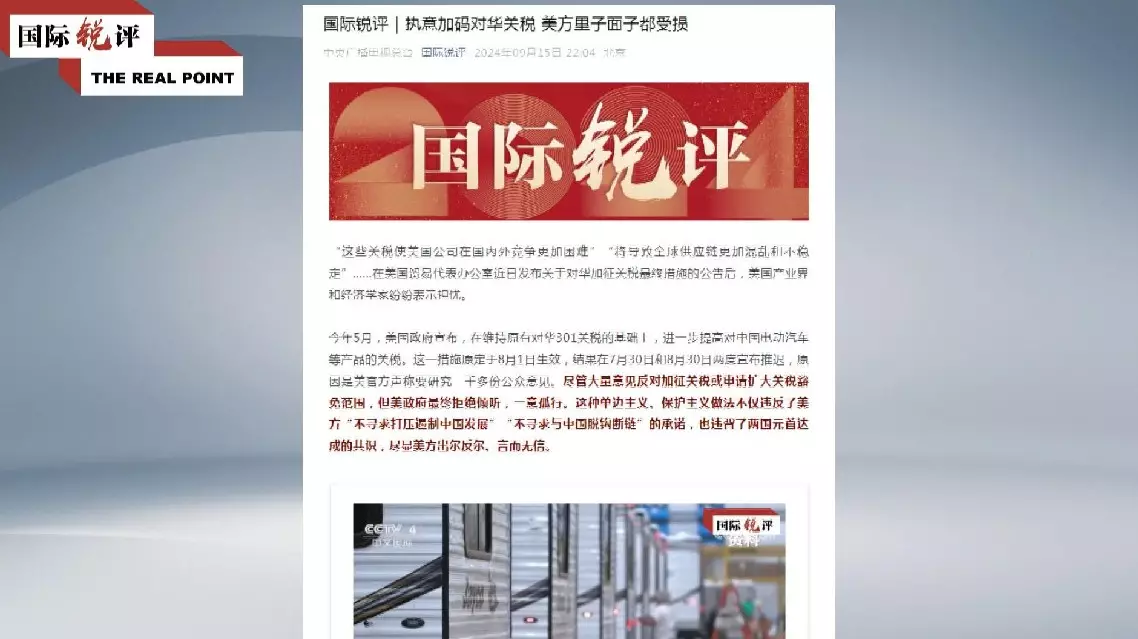
US tariff hikes on Chinese goods hurt its own economy, reputation: commentary




